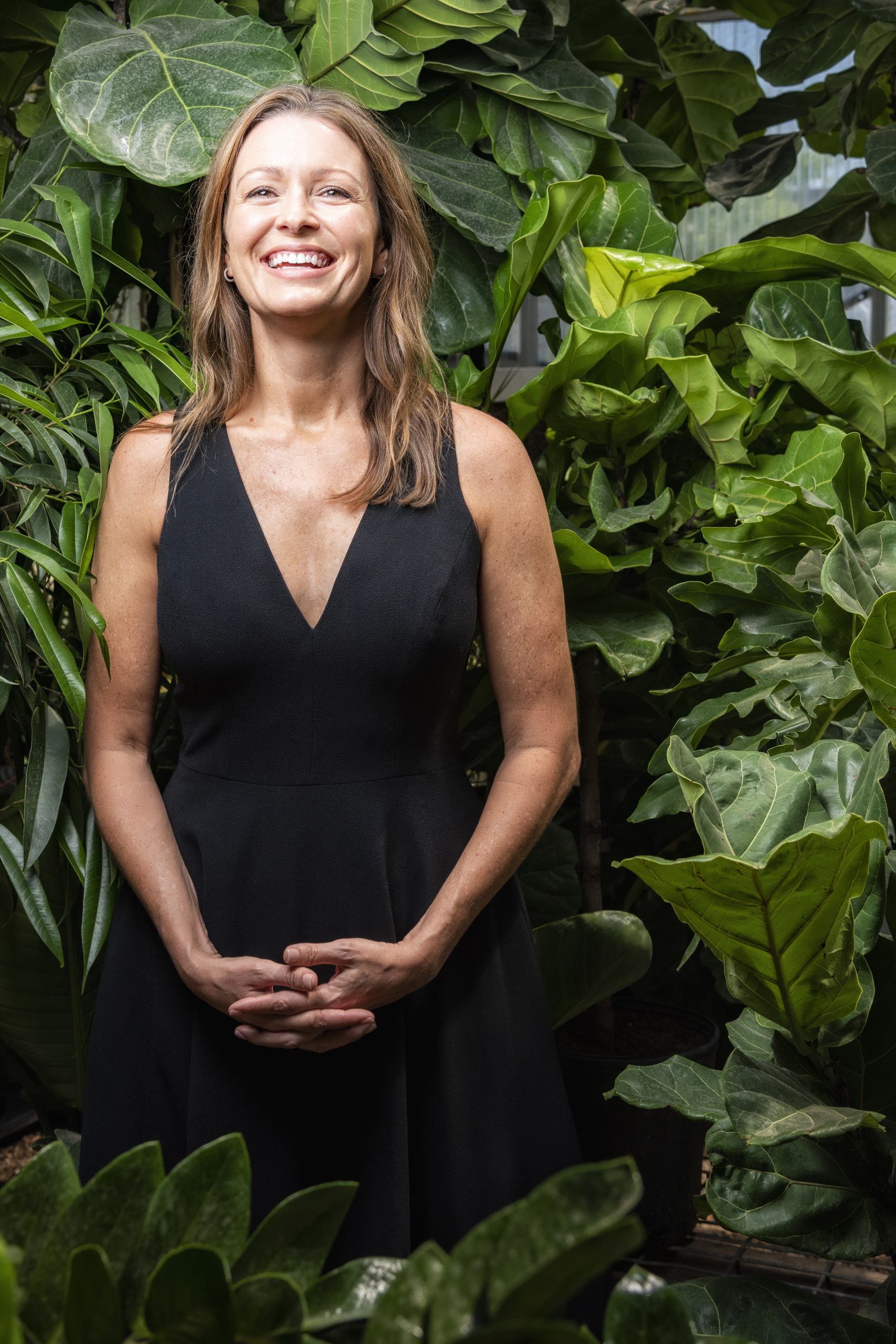Lynn Davenport went to Lake Highlands High School, where she was able to succeed with a learning disability. Now she fights for other kids to have the educational resources that she had. Davenport speaks at the state Capitol to defend public education. Her educational advocacy started after her daughter fell victim to the standardized testing culture. Now she writes articles, speaks at independent school districts around Dallas and partakes in podcasts and web series. Davenport has also spent the past 10 years coaching unemployed people through her church’s ministry, Watermark’s Career in Motion.
Video by Margaret O’Rourke
On Histroy
“I went to the University of North Texas to become a special ed teacher, but I changed my major, went in a different direction and ended up in recruiting. Before I had kids, I was working as an IT recruiter. It wasn’t until my kids were in public schools that I started paying attention to what was happening from the oldest to the youngest child and seeing this excessive emphasis on standardized testing. I started doing research and trying to figure out where it was coming from and why it was impacting the teachers and the students so much. I continued to advocate for other kids because I realized there are so many parents that don’t understand their rights.”
On Standardized Testing:
“I don’t have an issue with our kids being tested. It’s created a culture that is centered around the test, so what gets tested gets taught. That’s narrowing the curriculum and it’s impacting our kids in their mental health and their well-being.”
On Education
“We have a pandemic and that has created a crisis that the education technology companies are now capitalizing on. I think the new issue that we’re going to be faced with is digital learning, one-to-one devices, excessive screen time, data collection and tracking the kids.”
On Advocating
“I have this unique vantage point as a parent and a taxpayer. I’m not a paid lobbyist. During public testimony, you get two minutes. They don’t really want to hear from you. We research, we get our facts down. We try to show the legislators on both ends of the political spectrum what the unintended consequences of these bills are. I’m defending public education while also exposing fraud, waste and abuse in our local school districts. Public education is under attack. There was a push for privatization and I’m vehemently opposed to that. We really don’t have enough watchdogs and people following the money.”
On Motivation
“I am a career coach for unemployed people, and I’ve been doing that for 10 years through a ministry at my church, so I see the value of a solid education. It’s tough to find a job if you don’t have the right education, and if you aren’t properly taught to read, write and communicate. I was afforded that even though I had a learning disability in Richardson ISD. I went to Northlake Elementary and I was a 1978 Ritalin kid. I struggled all through school, but I was given phonics and the foundation. I had great reading and writing teachers. I was able to overcome the learning issues and go on to get a degree and a good job. There’s a correlation with education and poverty. Kids who are affected most by the standardized testing are those in poverty.”
On Gender Discrimination
“I don’t really get into the gender war so much, but I would say that I have to work harder at being taken seriously. I have to have all my facts down.”
On Misconceptions
“I think I can come across as negative. Those who know me know that I can be lighthearted, fun and funny. I don’t take myself too seriously. When you’re speaking out against injustices, it isn’t negative. We have a problem and I’m just not one to sugarcoat things. If that’s considered negative or oppositional, then so be it. My heart is in the right place; it’s what drives me. I have a deep sense of purpose in what I do.”
On Goals
“Most people think that the curriculum is written by teachers at their schools. They think that we have more local control than we really do. There’s a level of apathy that I’m trying to undo and get parents to see that if we don’t start paying attention to what’s happening, outsiders and special interests will decide what happens to our kids. I have a sense of urgency.”






